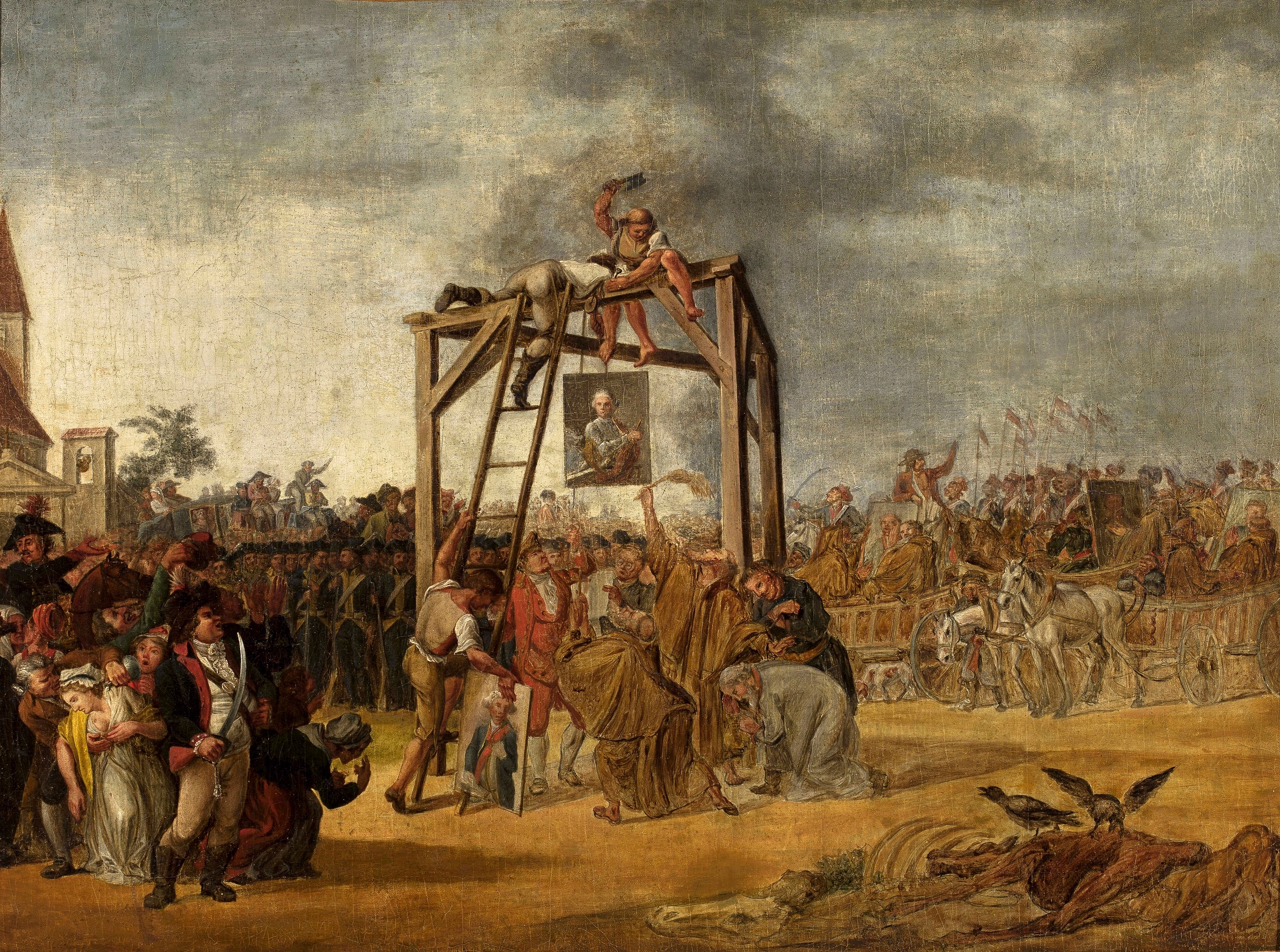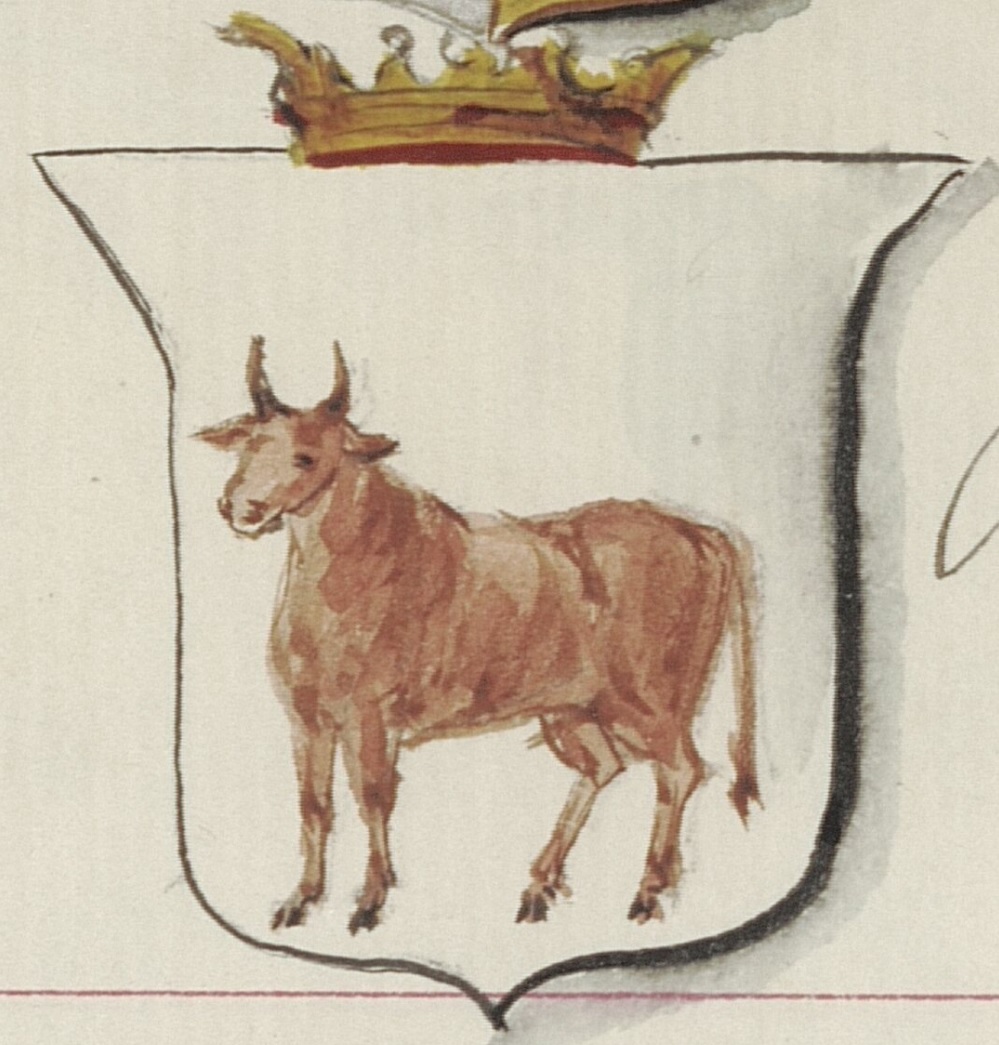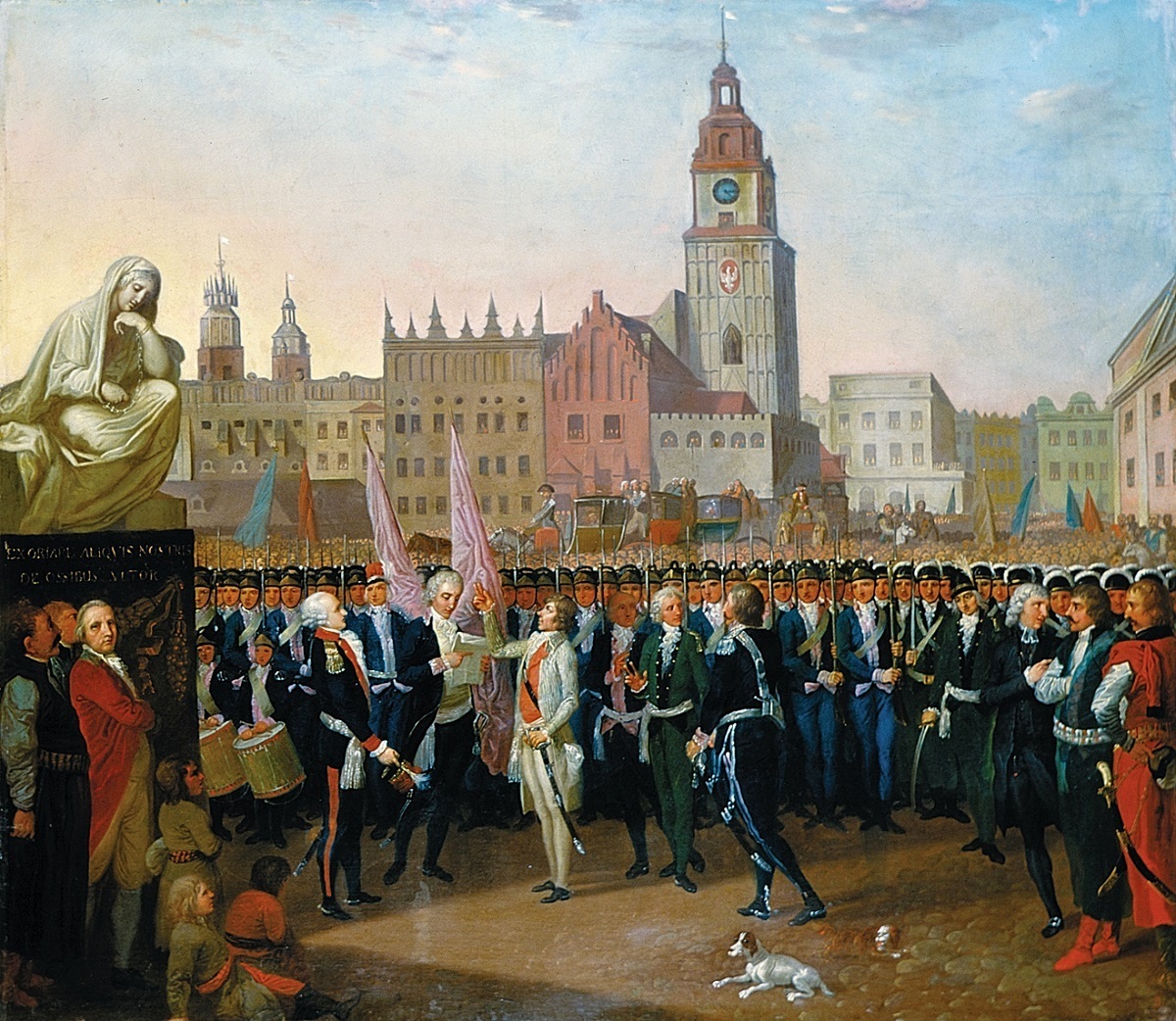|
Targowica Confederation
The Targowica Confederation ( pl, konfederacja targowicka, , lt, Targovicos konfederacija) was a confederation established by Polish and Lithuanian magnates on 27 April 1792, in Saint Petersburg, with the backing of the Russian Empress Catherine II. The confederation opposed the Constitution of 3 May 1791 and fought in the Polish–Russian War of 1792, which led to the Second and Third Partitions of Poland. History The Targowica confederation opposed the Constitution of 3 May 1791, which had been adopted by the Great Sejm, especially the provisions limiting the privileges of the nobility. The text of the founding act of the confederation was drafted by the Russian general Vasili Stepanovich Popov, Chief of Staff of Prince Grigori Alexandrovich Potemkin. Its purpose was proclaimed in the small town of Targowica and the Potocki's estate (now in Holovanivsk Raion in Kirovohrad Oblast, Ukraine) on May 14, 1792. Four days later two Russian armies invaded the Polish-Lithuanian ... [...More Info...] [...Related Items...] OR: [Wikipedia] [Google] [Baidu] |
Norblin Hanging Of Traitors In Effigie
Norblin is a surname. Notable people with the surname include: *Jan Piotr Norblin (Jean Pierre) (1740–1830), French-Polish painter, draughtsman, engraver, and caricaturist *Louis Norblin (1781–1854), French musician, cello teacher at the Paris Conservatoire {{surname ... [...More Info...] [...Related Items...] OR: [Wikipedia] [Google] [Baidu] |
Stanisław August Poniatowski
Stanisław II August (born Stanisław Antoni Poniatowski; 17 January 1732 – 12 February 1798), known also by his regnal Latin name Stanislaus II Augustus, was King of Poland and Grand Duke of Lithuania from 1764 to 1795, and the last monarch of the Polish–Lithuanian Commonwealth. Born into wealthy Polish aristocracy, Poniatowski arrived as a diplomat at the Russian imperial court in Saint Petersburg in 1755 at the age of 22 and became intimately involved with the future empress Catherine the Great. With her connivance, he was elected King of Poland by the Polish Diet in September 1764 following the death of Augustus III. Contrary to expectations, Poniatowski attempted to reform and strengthen the large but ailing Commonwealth. His efforts were met with external opposition from neighbouring Prussia, Russia and Austria, all committed to keeping the Commonwealth weak. From within he was opposed by conservative interests, which saw the reforms as a threat to their traditio ... [...More Info...] [...Related Items...] OR: [Wikipedia] [Google] [Baidu] |
Józef Kazimierz Kossakowski
Joseph is a common male given name, derived from the Hebrew Yosef (יוֹסֵף). "Joseph" is used, along with "Josef", mostly in English, French and partially German languages. This spelling is also found as a variant in the languages of the modern-day Nordic countries. In Portuguese and Spanish, the name is "José". In Arabic, including in the Quran, the name is spelled '' Yūsuf''. In Persian, the name is "Yousef". The name has enjoyed significant popularity in its many forms in numerous countries, and ''Joseph'' was one of the two names, along with ''Robert'', to have remained in the top 10 boys' names list in the US from 1925 to 1972. It is especially common in contemporary Israel, as either "Yossi" or "Yossef", and in Italy, where the name "Giuseppe" was the most common male name in the 20th century. In the first century CE, Joseph was the second most popular male name for Palestine Jews. In the Book of Genesis Joseph is Jacob's eleventh son and Rachel's first son, and k ... [...More Info...] [...Related Items...] OR: [Wikipedia] [Google] [Baidu] |
Wilno
Vilnius ( , ; see also #Etymology and other names, other names) is the capital and List of cities in Lithuania#Cities, largest city of Lithuania, with a population of 592,389 (according to the state register) or 625,107 (according to the municipality of Vilnius). The population of Vilnius's functional urban area, which stretches beyond the city limits, is estimated at 718,507 (as of 2020), while according to the Vilnius territorial health insurance fund, there were 753,875 permanent inhabitants as of November 2022 in Vilnius city and Vilnius district municipalities combined. Vilnius is situated in southeastern Lithuania and is the second-largest city in the Baltic states, but according to the Bank of Latvia is expected to become the largest before 2025. It is the seat of Lithuania's national government and the Vilnius District Municipality. Vilnius is known for the architecture in its Old Town of Vilnius, Old Town, declared a UNESCO World Heritage Site in 1994. The city was #Po ... [...More Info...] [...Related Items...] OR: [Wikipedia] [Google] [Baidu] |
Szymon Kossakowski
Szymon Marcin Kossakowski ( lt, Simonas Martynas Kosakovskis; 1741 in Šilai, Jonava – 1794) was a Polish–Lithuanian nobleman ( szlachcic), and one of the leaders of the Targowica Confederation. In 1793, he became the last Grand Hetman of Lithuania. Biography He participated in the Radom Confederation and the Bar Confederation. A supporter of the Russian Empire during the Kościuszko Uprising and earlier, he was deemed a traitor. In the aftermath of the Vilnius Uprising he tried to escape by boat, but was captured and hanged in the town hall square of Vilnius with the inscription of ''He who swings will not drown'' and was buried in the cellars of the church in Jonava Jonava ( ; pl, Janów; german: Janau) is the ninth largest city in Lithuania with a population of . It is located in Kaunas County in central Lithuania, north east of Kaunas, the second-largest city in Lithuania. It is served by Kaunas Interna .... References 1741 births 1794 deaths People f ... [...More Info...] [...Related Items...] OR: [Wikipedia] [Google] [Baidu] |
Bila Tserkva
Bila Tserkva ( uk, Бі́ла Це́рква ; ) is a city in the center of Ukraine, the largest city in Kyiv Oblast (after Kyiv, which is the administrative center, but not part of the oblast), and part of the Right Bank. It serves as the administrative center of Bila Tserkva Raion and hosts the administration of Bila Tserkva urban hromada, one of the hromadas of Ukraine. Bila Tserkva is located on the Ros River approximately south of Kyiv. The city has an area of . Its population is approximately The ancient city of Bila Tserkva was founded in 1032 to provide important defenses against nomadic tribes. In the 13th century, it was invaded by the Mongols, however, and the city was devastated.Kohut, Zenon E. "Mazepa's Ukraine: Understanding Cossack Territorial Vistas." ''Harvard Ukrainian Studies'' 31, no. 1/4 (2009): 1–28 In 1651, it was the site of an important battle between the warring Zaporozhian Host, Zaporozhian Cossack Army (and their Tatar allies) and the Polish ... [...More Info...] [...Related Items...] OR: [Wikipedia] [Google] [Baidu] |
Kościuszko Uprising
The Kościuszko Uprising, also known as the Polish Uprising of 1794 and the Second Polish War, was an uprising against the Russian Empire and the Kingdom of Prussia led by Tadeusz Kościuszko in the Polish–Lithuanian Commonwealth and the Prussian partition in 1794. It was a failed attempt to liberate the Polish–Lithuanian Commonwealth from external influence after the Second Partition of Poland (1793) and the creation of the Targowica Confederation. Background Decline of the Commonwealth By the early 18th century, the magnates of Poland and Lithuania controlled the state – or rather, they managed to ensure that no reforms would be carried out that might weaken their privileged status (the " Golden Freedoms"). Through the abuse of the '' liberum veto'' rule which enabled any deputy to paralyze the Sejm (Commonwealth's parliament) proceedings, deputies bribed by magnates or foreign powers or those simply content to believe they were living in an unprecedente ... [...More Info...] [...Related Items...] OR: [Wikipedia] [Google] [Baidu] |
Franciszek Ksawery Branicki
Franciszek Ksawery Branicki (1730–1819) was a Polish nobleman, magnate, French count, diplomat, politician, military commander, and one of the leaders of the Targowica Confederation. Many consider him to have been a traitor who participated with the Russians in the dismemberment of his nation. He was appointed Great Crown Podstoli in 1764, Ambassador to Berlin in 1765, Master of the Hunt of the Crown in 1766–1773, Artillery General of Lithuania in 1768–1773, Ambassador to Moscow in 1771, Crown Hetman in 1773 and was Great Crown Hetman of the Polish–Lithuanian Commonwealth between 1774 and 1794. In 1774, Stanisław August Poniatowski ceded to him, as mark of his confidence and esteem, the immense estate of Bila Tserkva in the Kiev Voivodeship. He opposed the reforms of the Great Sejm (1788–1792), and supported the Hetman Party instead. During the Kościuszko Uprising (1794) he was sentenced by the Supreme Criminal Court, ''in absentia'', to hang for treason, witnes ... [...More Info...] [...Related Items...] OR: [Wikipedia] [Google] [Baidu] |
Karol Boscamp-Lasopolski
Karol Boscamp-Lasopolski (also Boskamp, de Boscamp, de Boskamp) (died 28 June 1794) was a Dutch diplomat in service of Poland and Russia. He was a Chamberlain in the court of Polish king Stanisław August Poniatowski. He was lynched by a mob during the Warsaw Uprising of 1794. Biography Little is known about his youth. He was born in the Netherlands; some other sources note his French origin. He served as a courier for the Prussian envoy in Istanbul during the Seven Years' War. In 1761 he served as an adviser to Crimean Khan, Qırım Giray. After he became estranged from the Khan, he left for Poland. From 1764 he served in the Polish diplomatic service, first under Familia, and soon under king Stanisław August Poniatowski. He used his expertise on the Ottoman politics to aid Polish relations, worked with the envoy Tomasz Aleksandrowicz and was one of the founders of the School of Oriental Languages in Istanbul, which served as an unofficial Polish embassy there.Władysław K ... [...More Info...] [...Related Items...] OR: [Wikipedia] [Google] [Baidu] |
Hanging
Hanging is the suspension of a person by a noose or ligature around the neck.Oxford English Dictionary, 2nd ed. Hanging as method of execution is unknown, as method of suicide from 1325. The ''Oxford English Dictionary'' states that hanging in this sense is "specifically to put to death by suspension by the neck", though it formerly also referred to crucifixion and death by impalement in which the body would remain "hanging". Hanging has been a common method of capital punishment since medieval times, and is the primary execution method in numerous countries and regions. The first known account of execution by hanging was in Homer's ''Odyssey'' (Book XXII). In this specialised meaning of the common word ''hang'', the past and past participle is ''hanged'' instead of ''hung''. Hanging is a common method of suicide in which a person applies a ligature to the neck and brings about unconsciousness and then death by suspension or partial suspension. Methods of judicial hanging ... [...More Info...] [...Related Items...] OR: [Wikipedia] [Google] [Baidu] |
Józef Ankwicz
Józef Ankwicz (; 1750 – 9 May 1794), of Awdaniec coat of arms, also known as ''Józef z Posławic'' and ''Józef Awdaniec'', was a politician and noble ('' szlachcic'') in the Polish–Lithuanian Commonwealth. He held the office of castellan of Nowy Sącz from 1782. Deputy to the Great Sejm, and most infamously, the Grodno Sejm: for his actions during the latter he is remembered as one of the most prominent collaborators with the foreign partitioners of Poland. Biography Son of Stanisław Walenty Ankwicz and Salomea Schwarcemberg-Czerny. Married to Anna Biberstein-Starowieyska, father of Andrzej Alojzy Jan Stanisław Ankwicz (archbishop of Lviv) and daughters Kordula and Krystyna. He was also awarded with Order of Saint Stanislaus in 1781. In 1782 he received the office of castellan of Nowy Sącz. Elected deputy to the Sejms in the period 1782 - 1790, he was a member of the royal faction. In 1784 he received the Order of the White Eagle from king of Poland, Stanisław Au ... [...More Info...] [...Related Items...] OR: [Wikipedia] [Google] [Baidu] |





